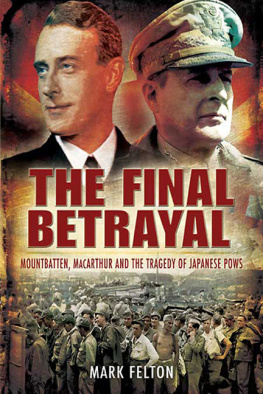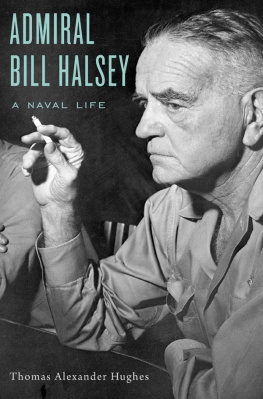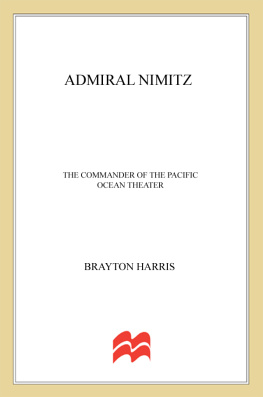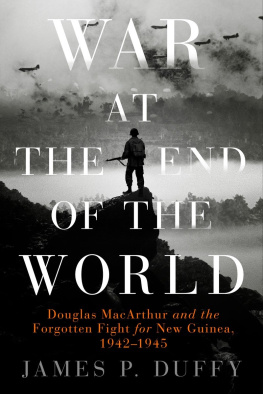This edition is published by PICKLE PARTNERS PUBLISHINGwww.picklepartnerspublishing.com
To join our mailing list for new titles or for issues with our books picklepublishing@gmail.com
Or on Facebook
Text originally published in 2002 under the same title.
Pickle Partners Publishing 2015, all rights reserved. No part of this publication may be reproduced, stored in a retrieval system or transmitted by any means, electrical, mechanical or otherwise without the written permission of the copyright holder.
Publishers Note
Although in most cases we have retained the Authors original spelling and grammar to authentically reproduce the work of the Author and the original intent of such material, some additional notes and clarifications have been added for the modern readers benefit.
We have also made every effort to include all maps and illustrations of the original edition the limitations of formatting do not allow of including larger maps, we will upload as many of these maps as possible.
PERSONALITY AND STRATEGY: HOW THE PERSONALITIES OF GENERAL MACARTHUR AND ADMIRAL KING SHAPED ALLIED STRATEGY IN THE PACIFIC IN WORLD WAR TWO
by
Kyle B. Beckman
ABSTRACT
This thesis examines the impact that the dominant personalities of General Douglas MacArthur and Admiral Ernest King had in shaping Allied strategy in the Pacific during the Second World War. The concept of dominant personality is defined as containing three essential elements: arrogance, tenacity, and supreme competence. The lives of MacArthur and King are examined, demonstrating that the actions of each consistently reflected these characteristics, allowing them to dominate those around them. Three key decisions from the Pacific war are scrutinized for the impact of one or both of these dominant personalities. King and MacArthur affected these decisions in different ways. In the first, the decision to initiate carrier raids against Japan in early 1942, King acted unopposed in pushing his audacious plans through. The second decision was to invade Guadalcanal (Operation Watchtower) in August 1942. King and MacArthur drove this decision in parallel competition, each striving to begin offensive operations and each desiring to be in control. Finally, the long competition between the Central and Southwestern Pacific drives for primacy, culminating with the debate over invading Luzon or Formosa, is examined. In this case, MacArthur and King pursued mutually exclusive courses and stalemate nearly resulted.
ACRONYMS
CINCPOACommander in Chief, Pacific Ocean Area(s)
CNOChief of Naval Operations
COMINCHCommander in Chief, United States Fleet
JCSJoint Chiefs of Staff
JSSCJoint Strategic Survey Committee
SWPASouthwest Pacific Area
CHAPTER 1INTRODUCTION AND METHODOLOGY
The moral is to the physical as three is to one. {1} Napoleon Bonaparte
In the opening chapter of his broad historical study Strategy , B. H. Liddell Hart uses the enduring popularity of the above quote to illustrate the essential importance of the intangible factors of warfare, above and beyond the physical combat capabilities on the ground. Hart argues persuasively that while the physical character of warfare has changed dramatically from the Ancient Greek conflicts to the Second World War, the moral characteristics of effective campaigns have remained remarkably stable through the ages. He examines decisive campaigns throughout history with the goal of demonstrating that nearly all used what he terms the indirect approach to achieve victory. In the course of this study he returns again and again to the requirement to upset the psychological balance of the enemy in order to achieve victory. This psychological balance is a key element of the moral factors referred to above. Another key element of those moral factors is the personality of the individual making the decisions. While Hart touches upon the personality of various commanders throughout history, nowhere does he delve into great detail, as this is not the focus of his argument.
However, it seems to this author that there is significant value to be gained from an examination of the personalities of the commanders during these same decisive campaigns. Decision making is an intensely personal process, and all decisions are shaped by the decision makers personality. This basic axiom holds true whether the individual in question is deciding what to order for dinner or which island to invade next in the campaigns against Japan in the Pacific.
This thesis will not attempt nearly so ambitious a study as Harts; however, a detailed examination of the manner in which two decisive campaignsconducted in parallelwere influenced by the personalities of those in command provides valuable insight. Even if it is impossible to remove the influence of personality upon strategic decision making, a deeper understanding of personalitys effect may help future leaders to better execute their responsibilities. The two campaigns that will be examined are the concurrent drives across the Southwest and Central Pacific against Imperial Japan in the Second World War.
In order to examine the effect of personality on the strategic decisions that shaped these two campaigns, certain assumptions about personality have been made. These assumptions are discussed in greater detail below; however, the key assumption is this. Certain individuals appear to carry personality traits that allow them to dominate decision-making processes with which they are involved, even when their formal authority does not give them this influence. For the purpose of this thesis, such individuals are said to have a dominant personality. The essential elements of such a personalityconfidence, tenacity, and competencewill be elaborated upon below.
Both campaigns in the Pacific been extensively examined over the past half-century. The majority of this analysis has concentrated upon the tactical execution of battles within the campaigns, with less emphasis on the strategic decision making along the way. The analysis that has keyed on the strategy involved has often focused on the unique divided command structure.
This structure and its genesis will be discussed at some length below, but a brief explanation is necessary to frame the research question. The primary Allied efforts in the Pacific War were prosecuted along two axes, within two independent theaters under the direction of theater commanders, General Douglas MacArthur in Australia and Admiral Chester Nimitz in Hawaii. MacArthur and Nimitz each reported directly to the chief of their respective service in Washington. General George Marshall, Chief of Staff of the Army, allowed MacArthur considerable freedom and generally supported his strategic recommendations, essentially allowing MacArthur to run the war in his theater as he saw fit. On the other hand, Admiral Ernest King, Chief of Naval Operations and Commander in Chief, U.S. Fleet, took a much more personal interest in Pacific strategy and essentially dictated the course of operations to Nimitz. Therefore the two men who really shaped Allied strategy in the Pacific were MacArthur and King. {2} The actual dynamics of decision making were, of course, much more complicated than the above statement suggests. Both Marshall and Nimitz retained significant influence by virtue of their positions, yet the real driving forcesthe true dominant personalitiesappear to have been MacArthur and King.











